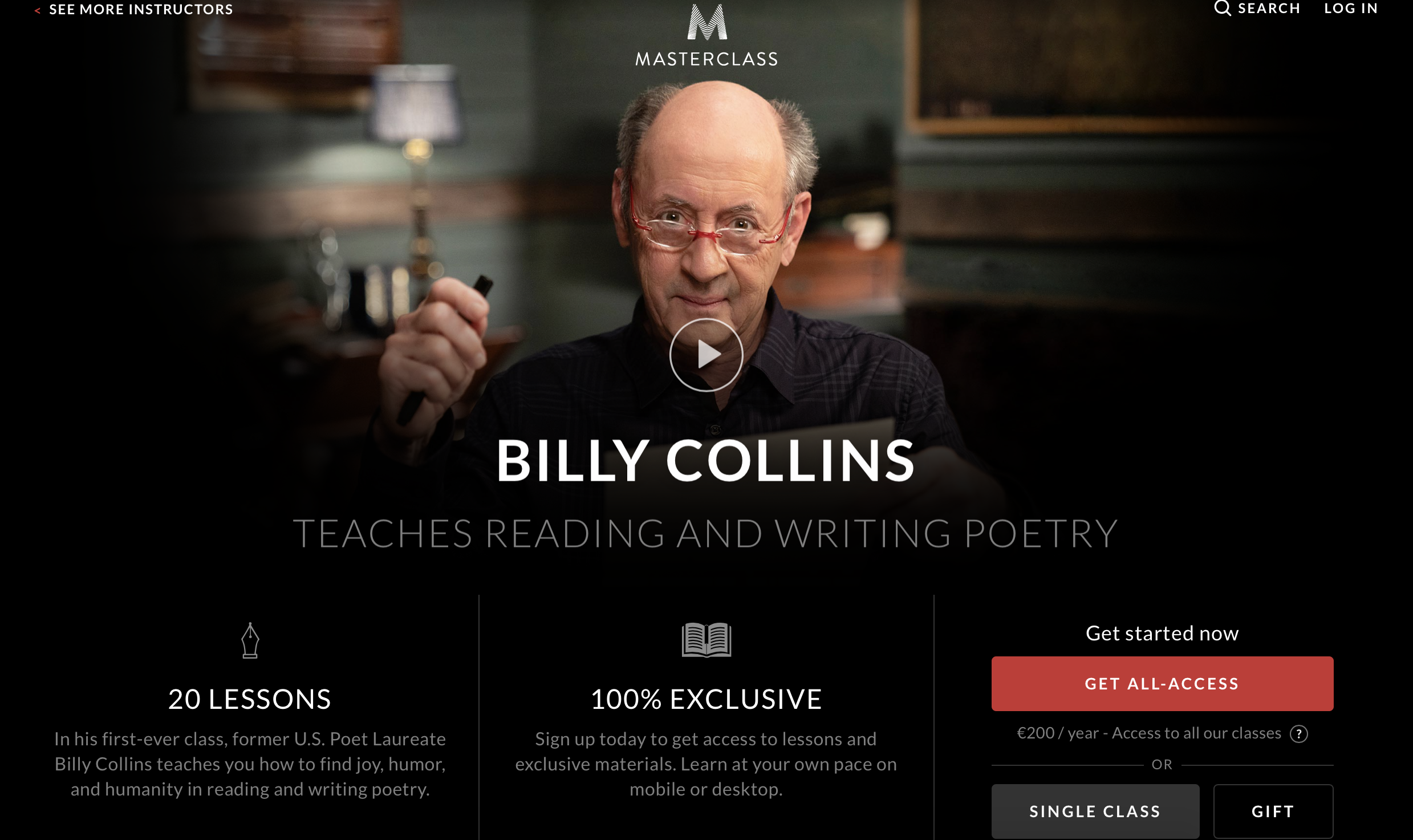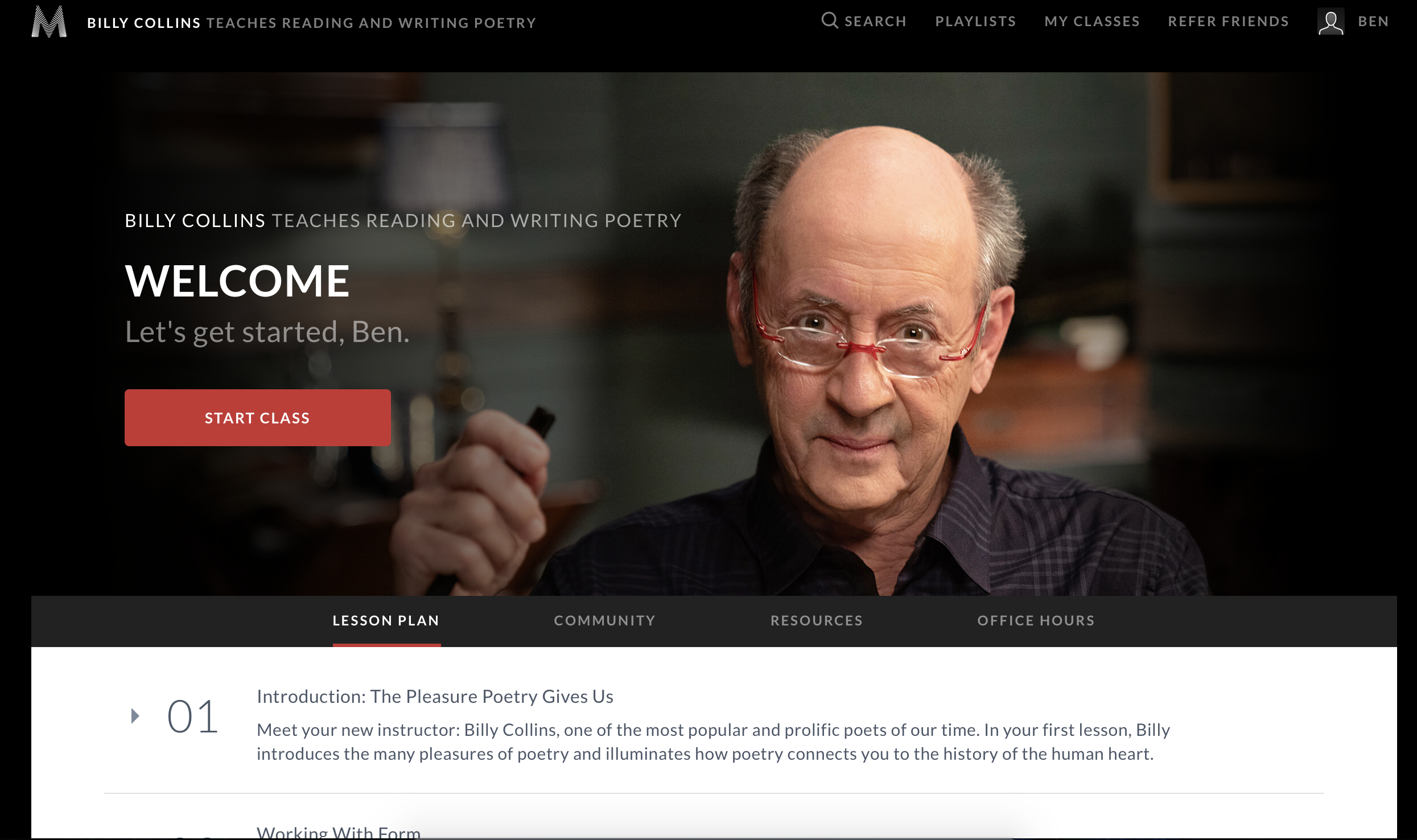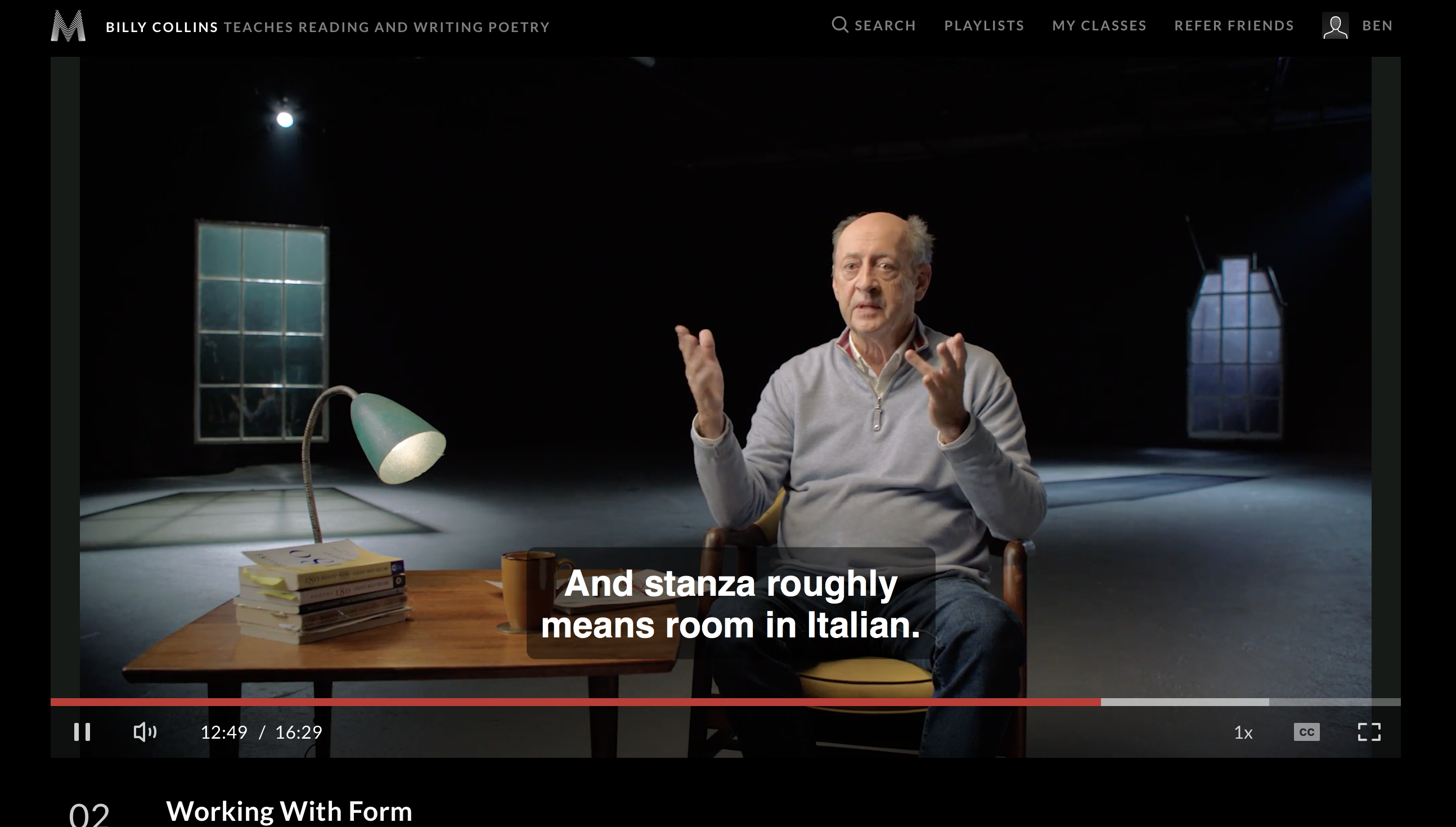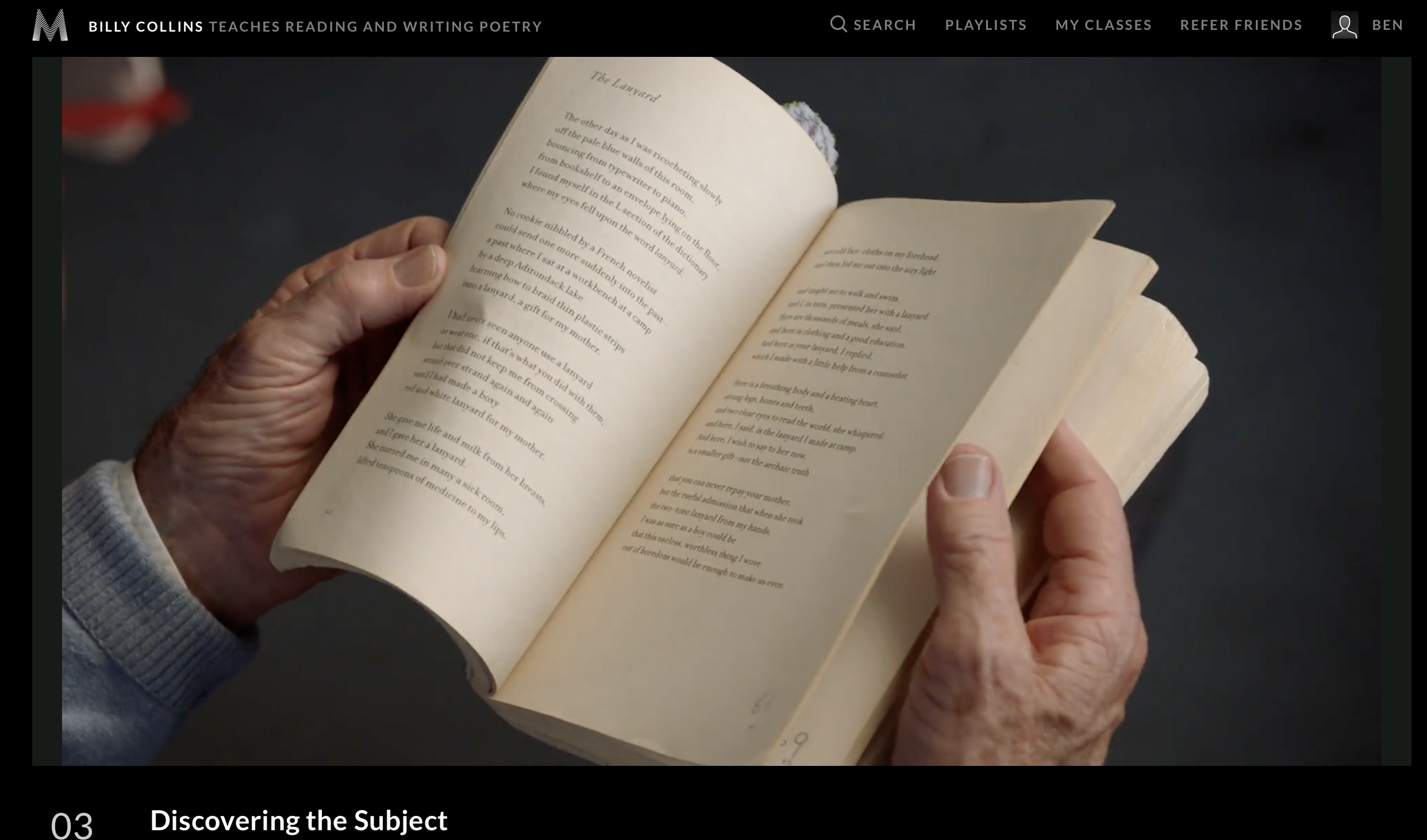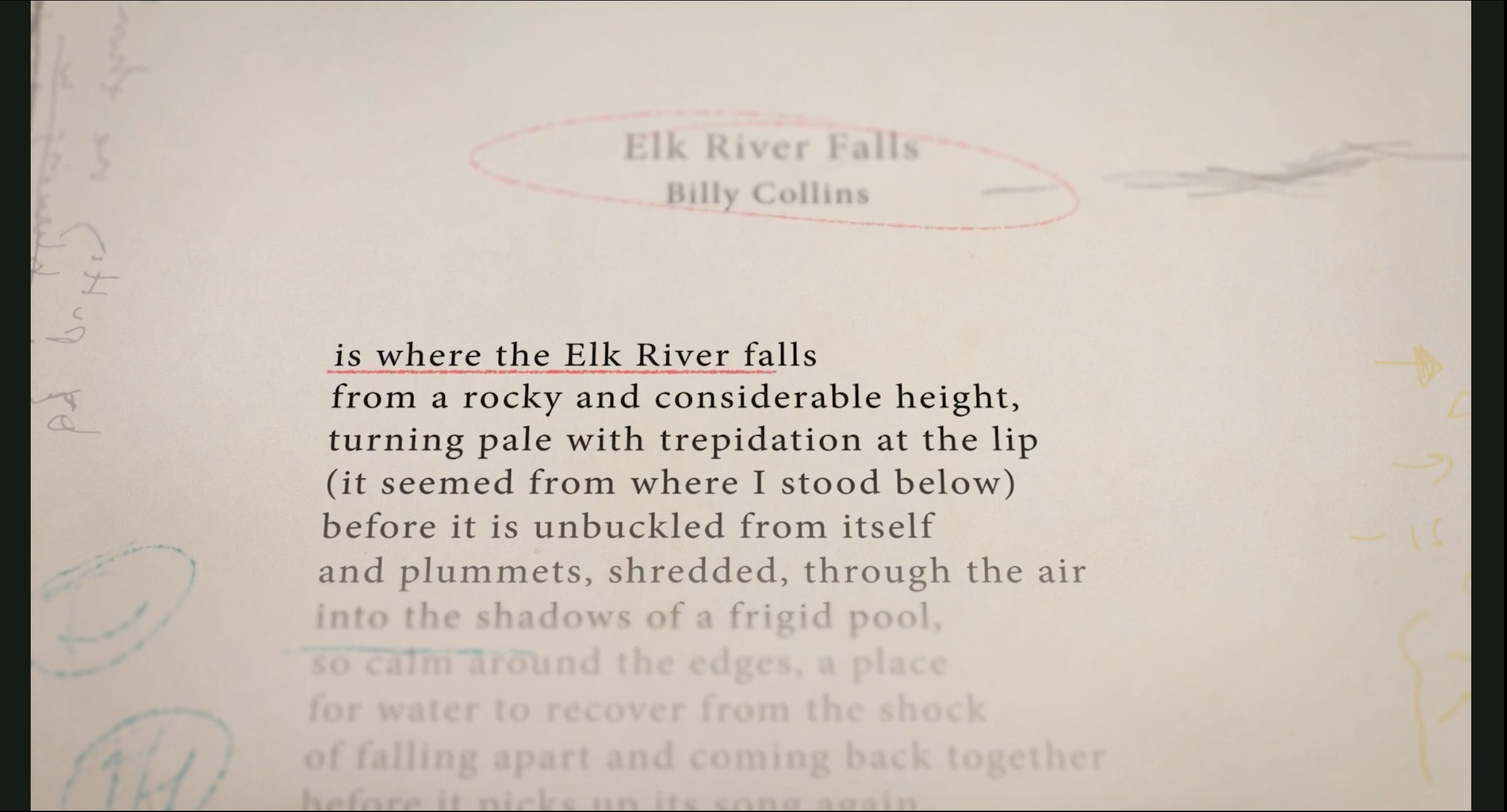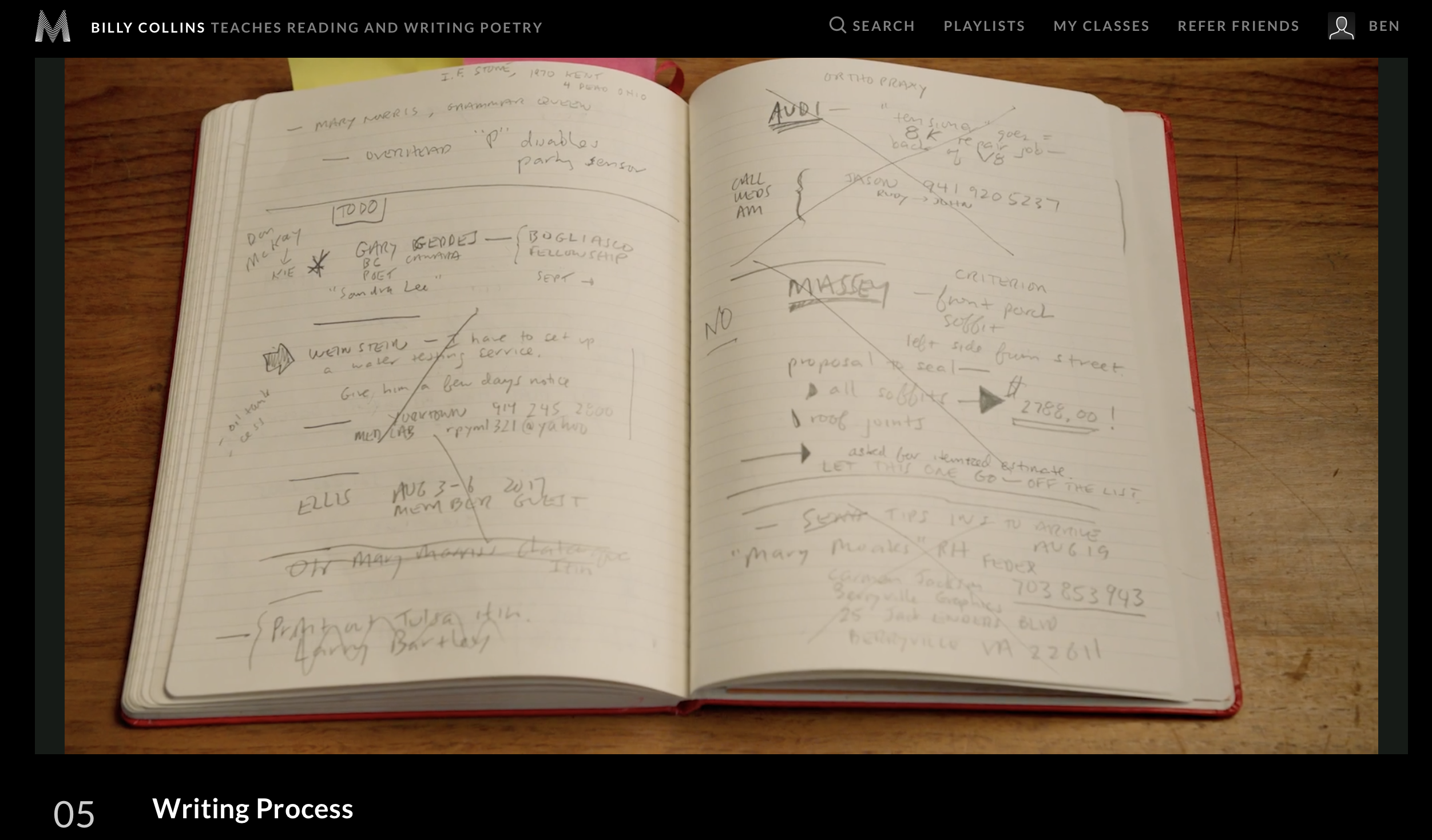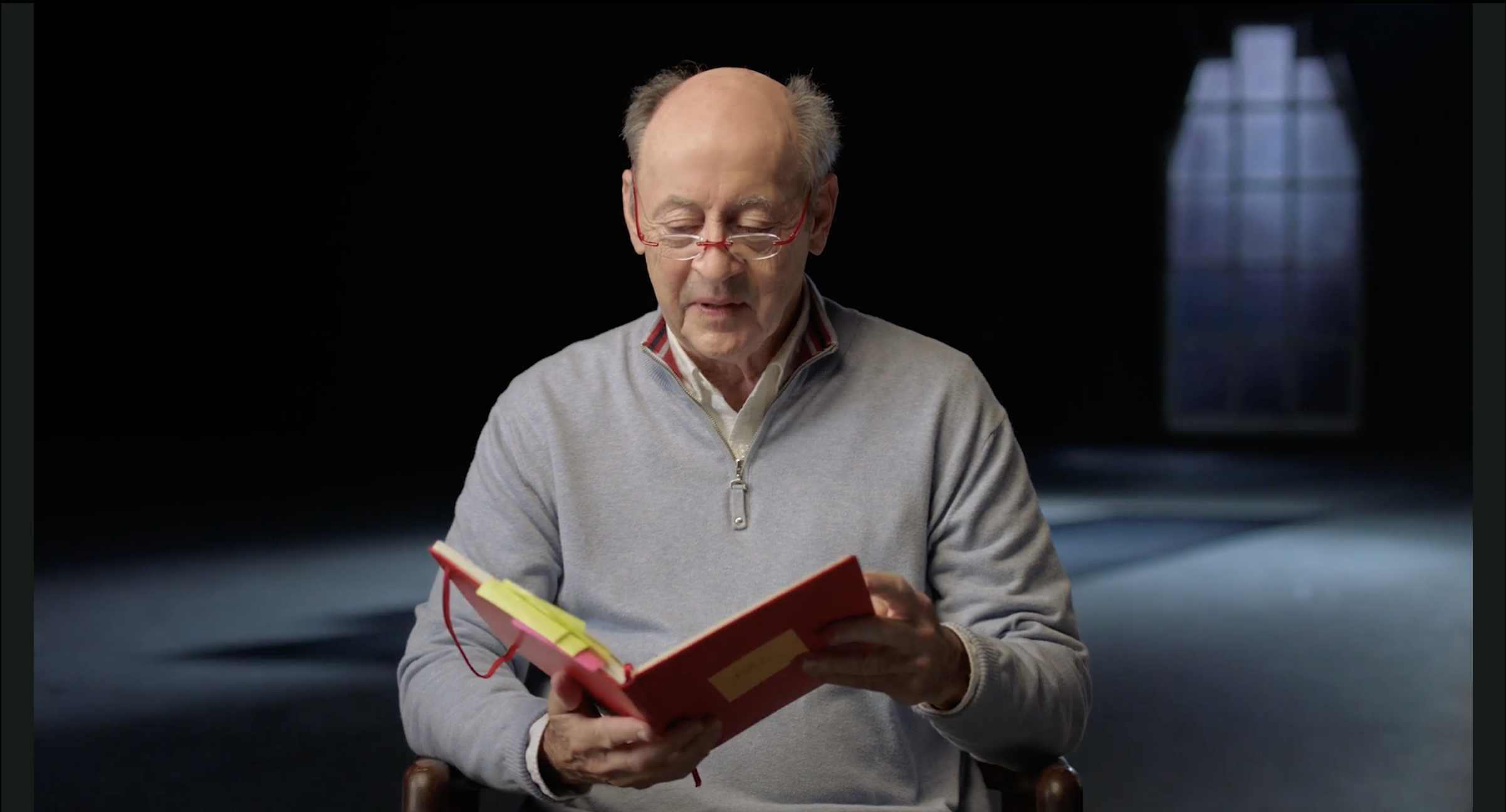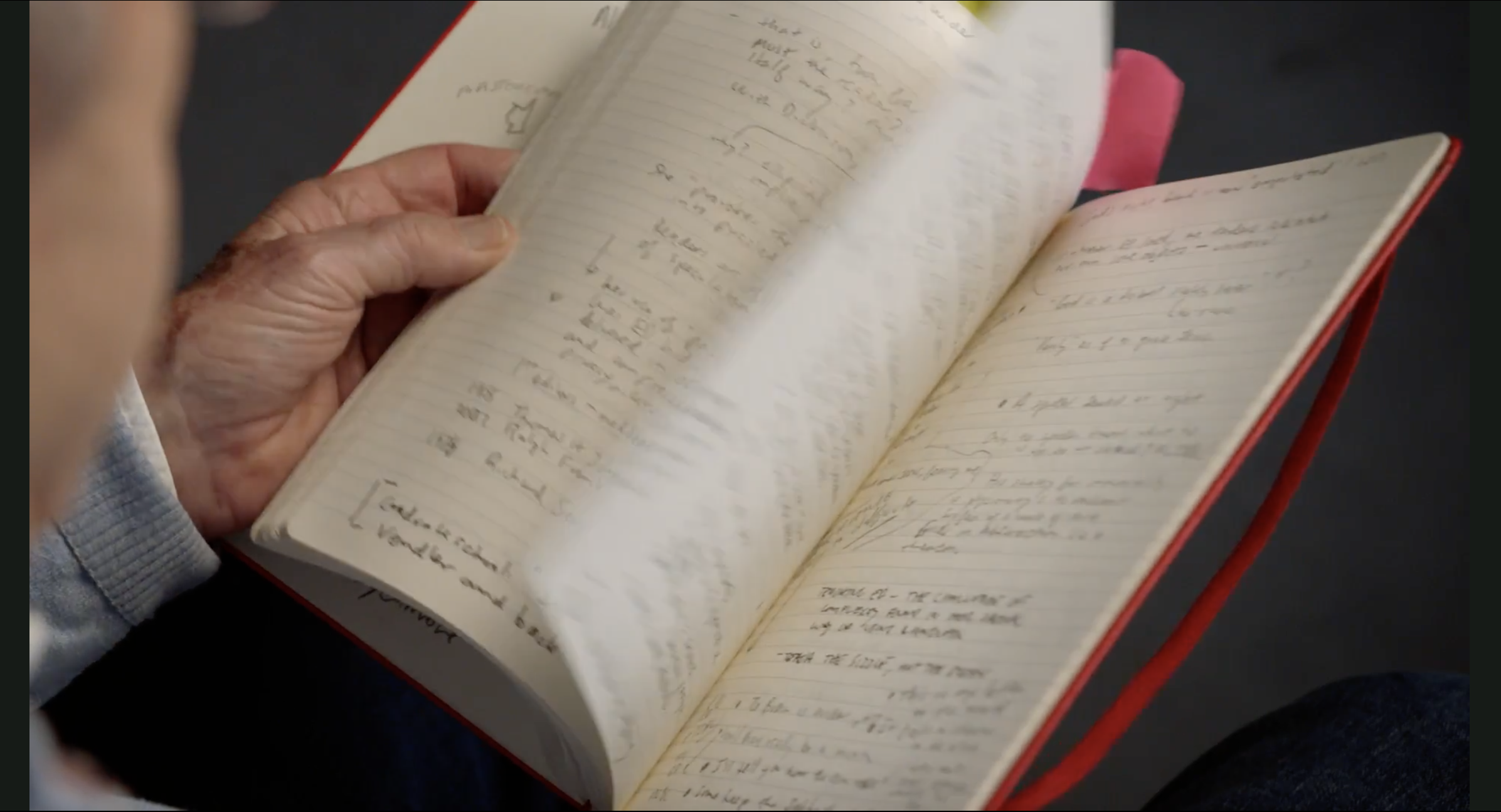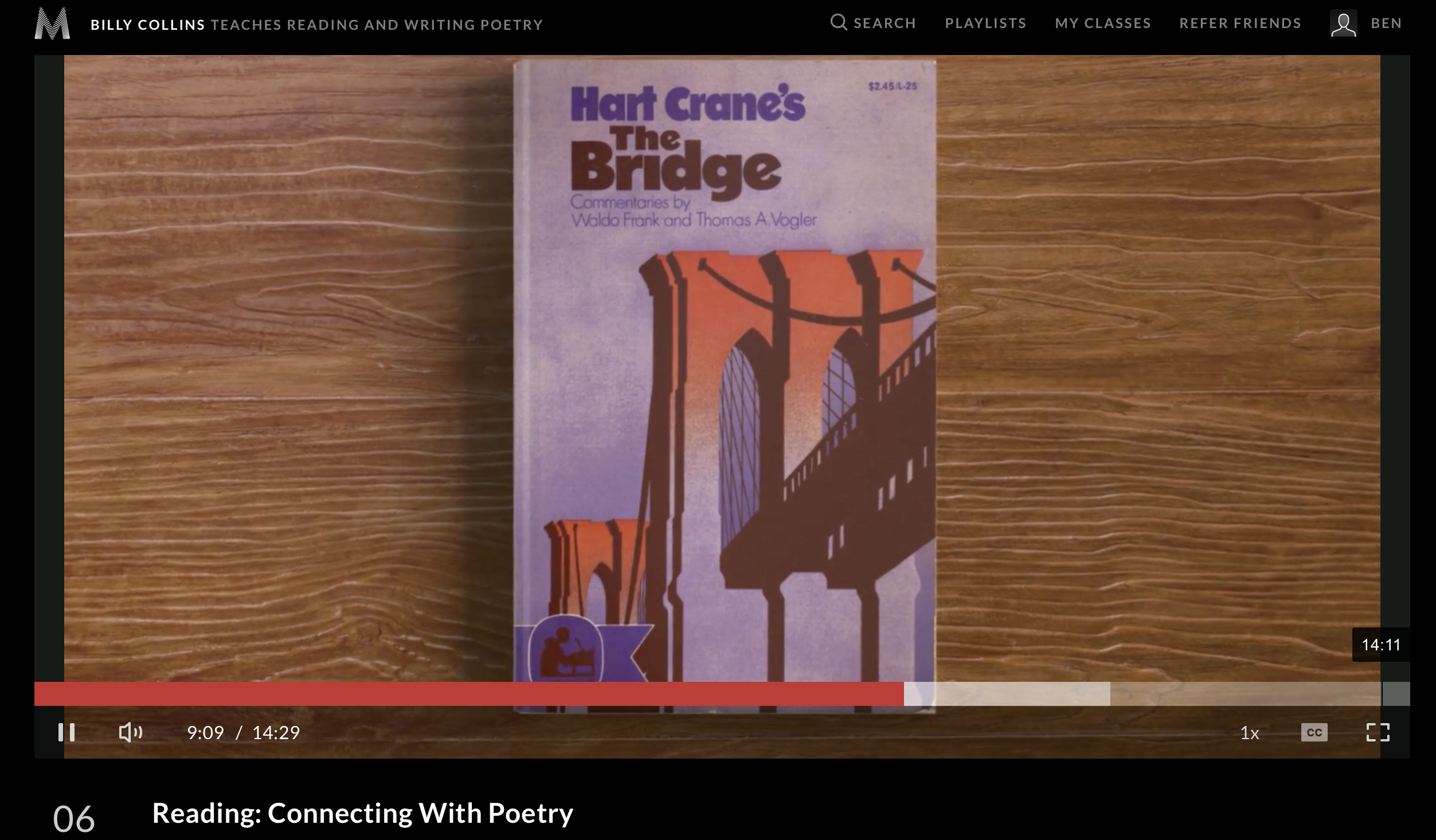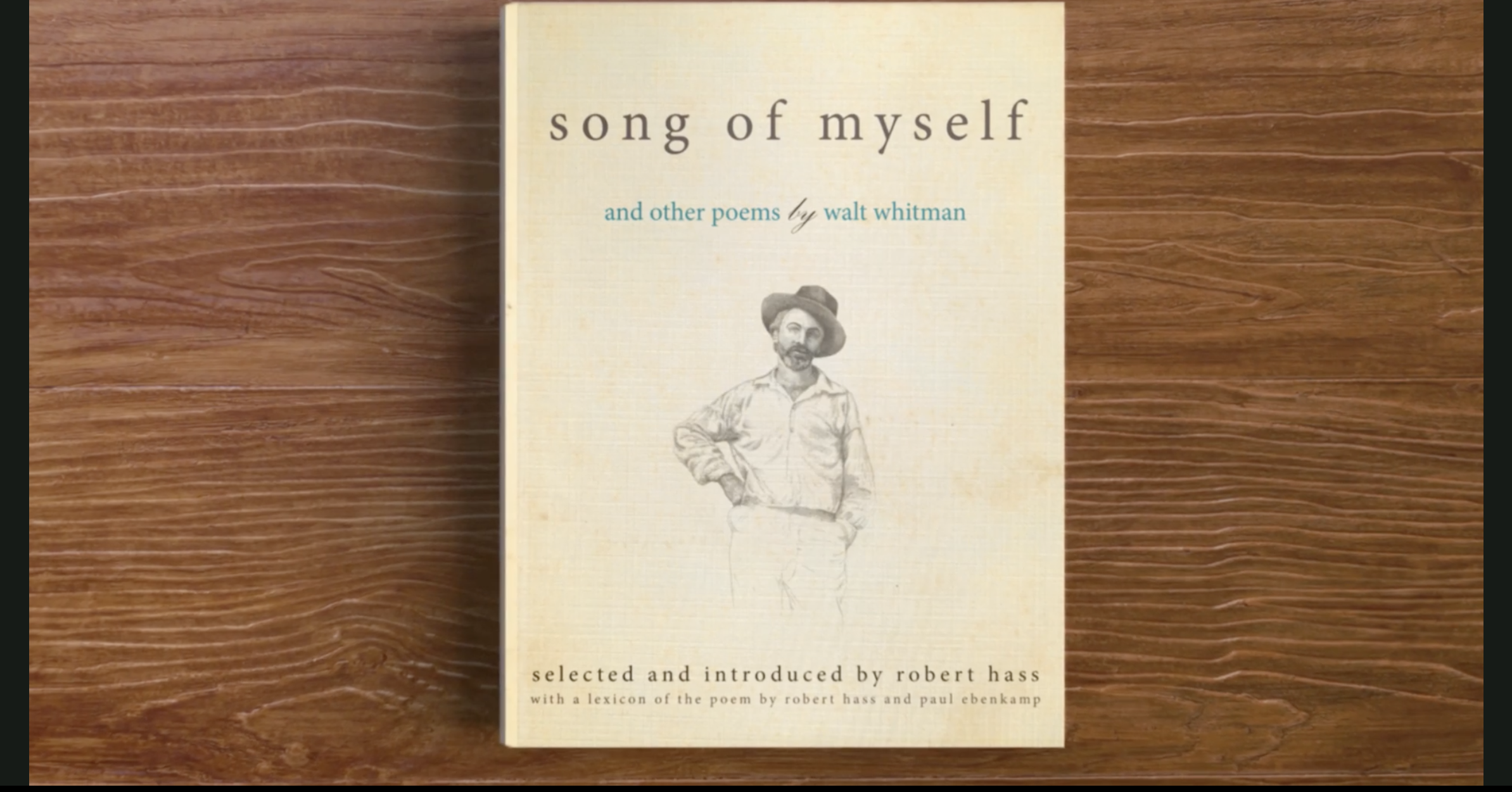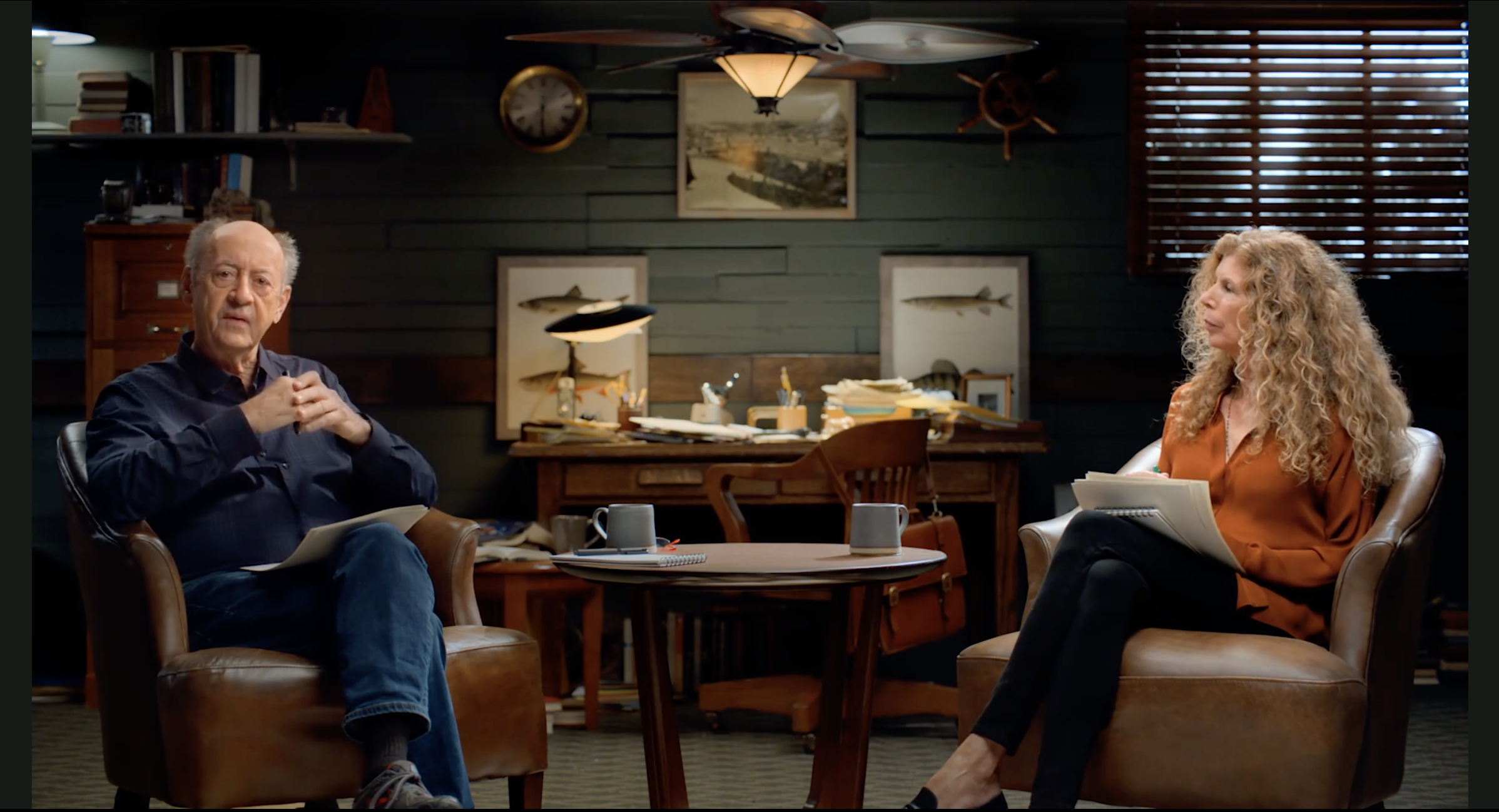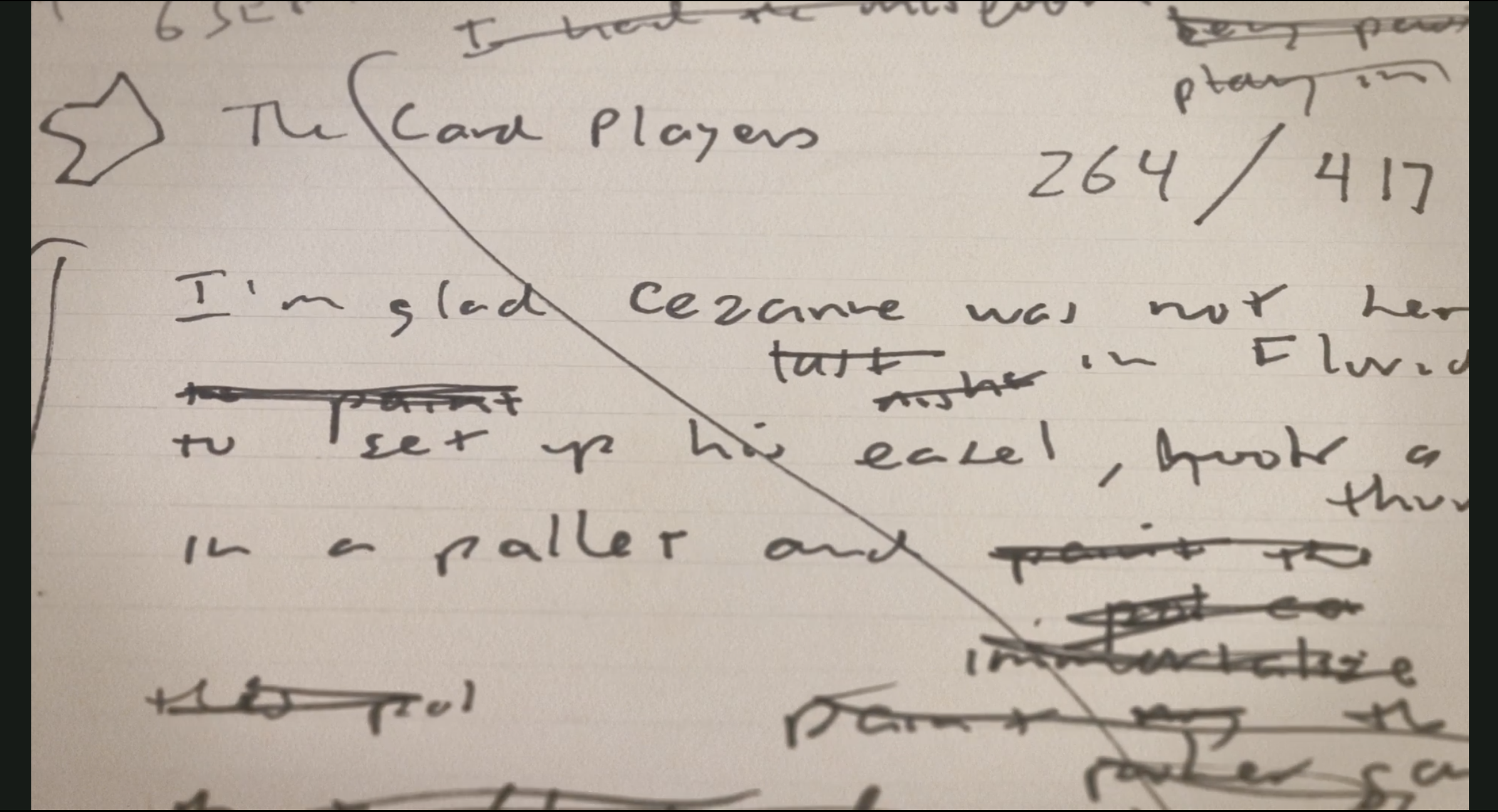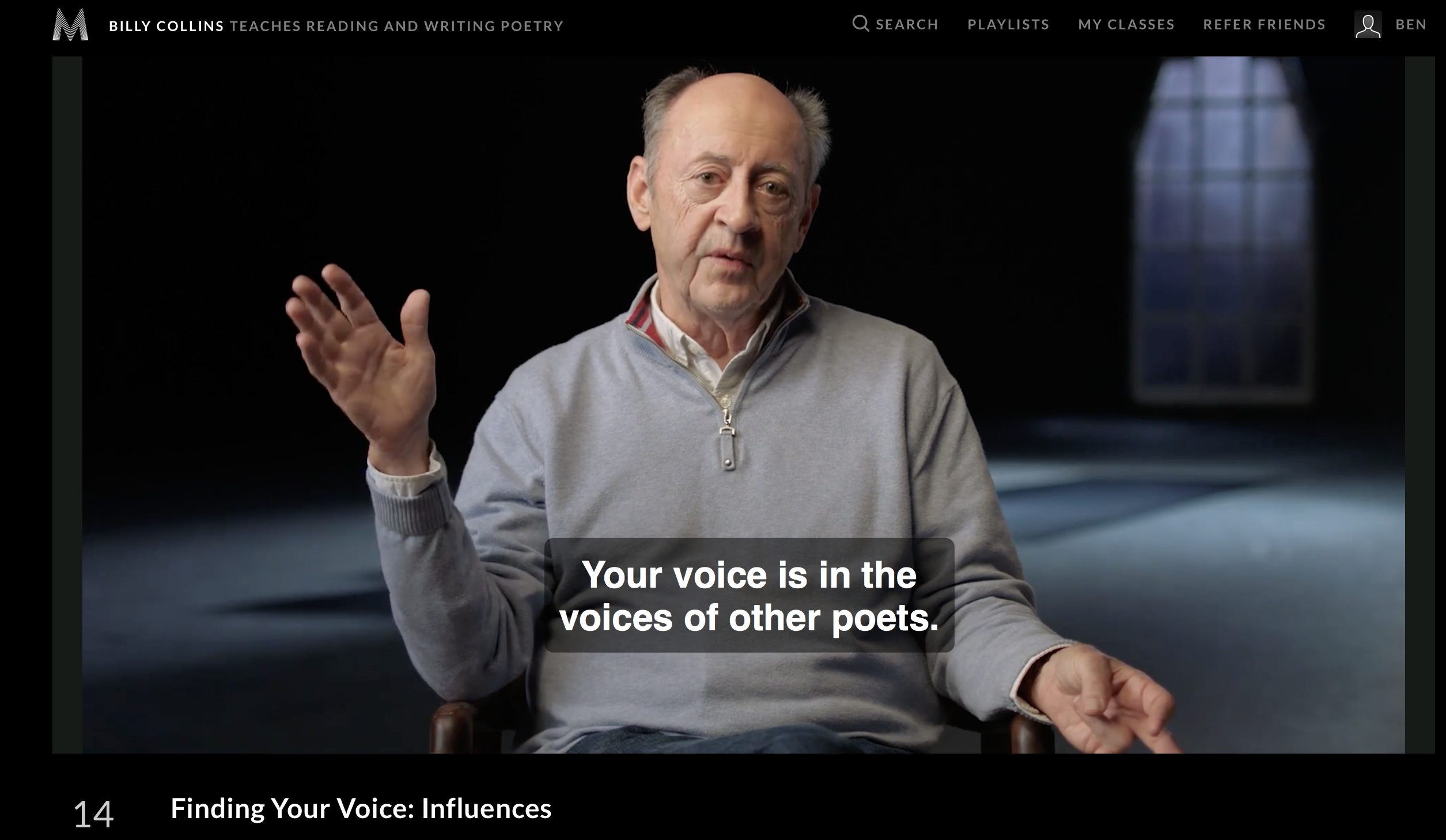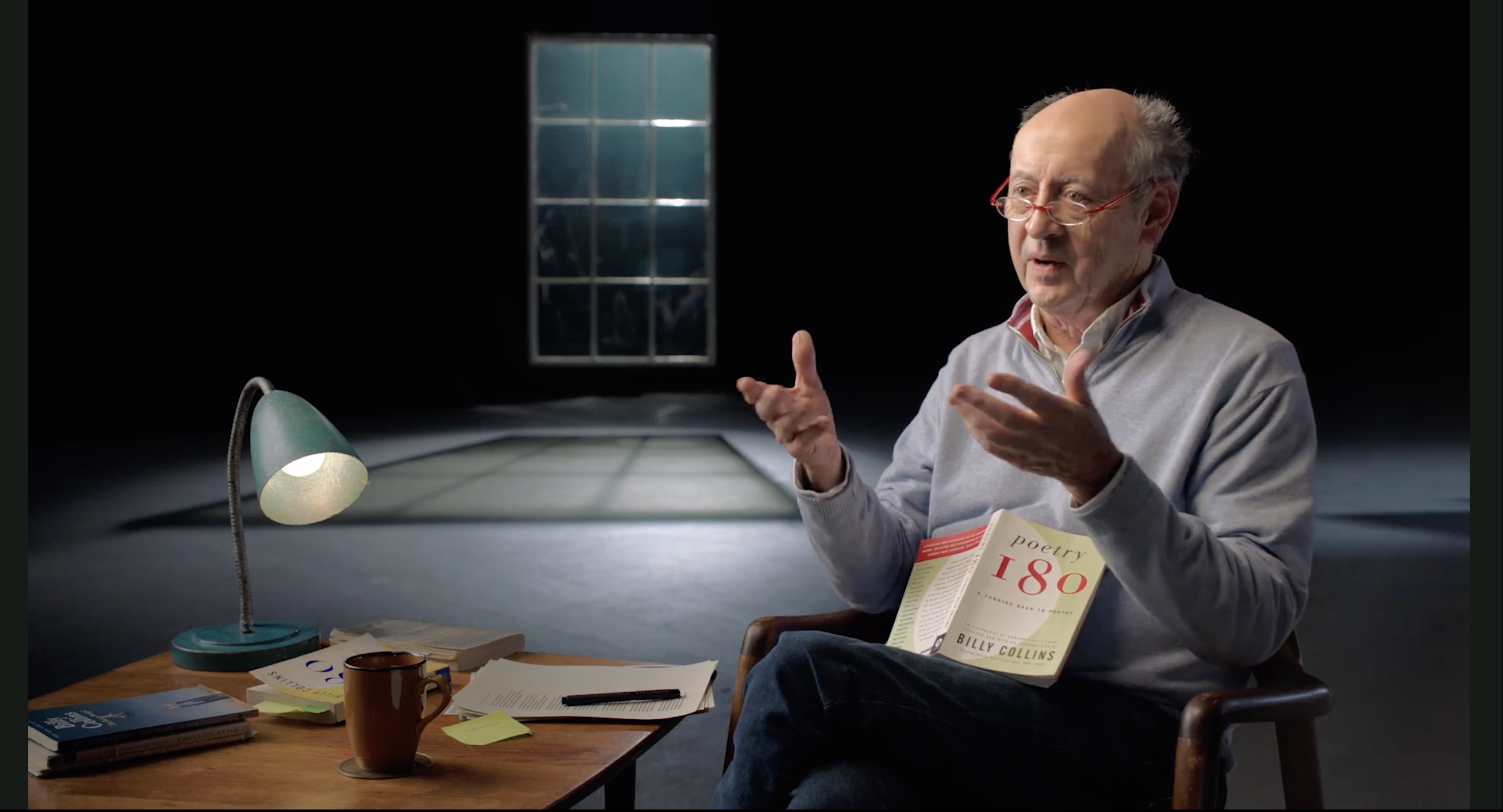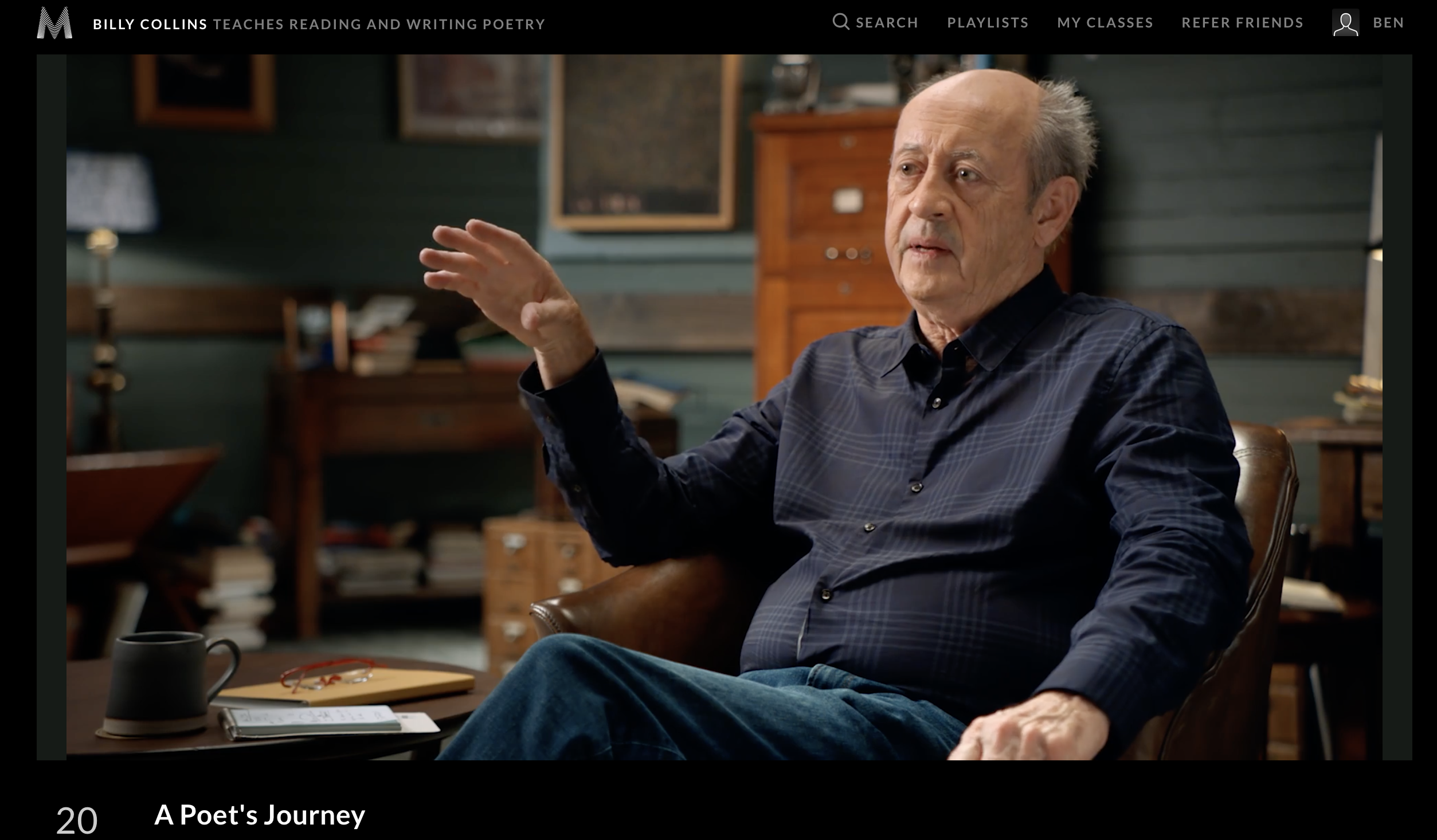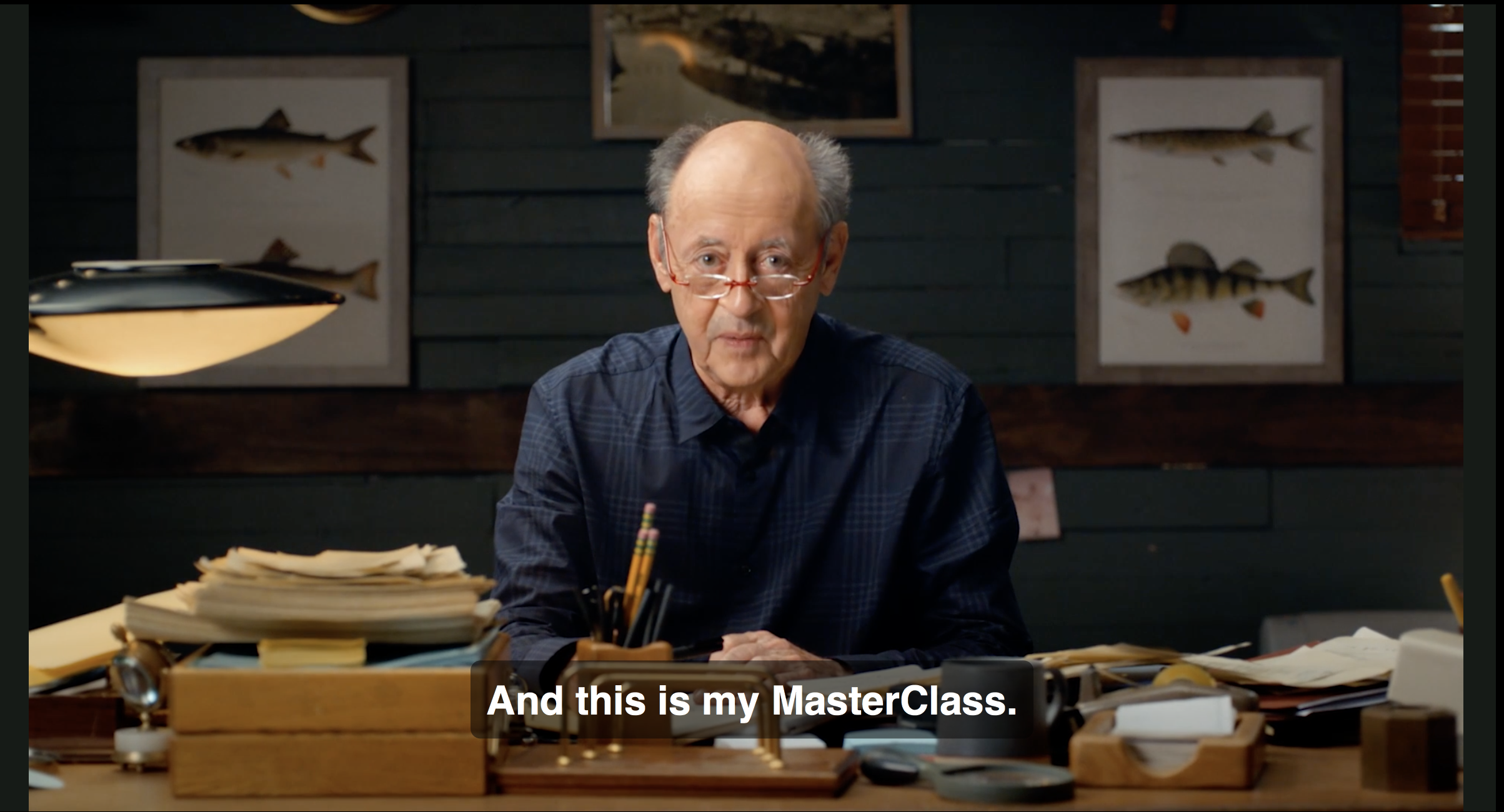Poetry has been a huge part of my life. A part that I’ve sadly lost touch with until I took the Billy Collins Poetry MasterClass.
It was poetry that kicked off my insomnia in my teenage years. I’d spend half the night reading and writing poetry. I circulated it to friends, wrote love poems for my girlfriends, and tore out pages of Keats, Yeats, and Wilde and plaster them on my bedroom wall.
Lately I’ve been far too left-brain dominant – logical, calculating, business-minded… Boring, in a word.
So there was certainly some synchronicity in this crazy simulation we call life when I saw MasterClass had added Billy Collins to their already illustrious roster of writing instructors.
I already thought that the MasterClass All Access Pass afforded us the best writing suite anywhere in the world – all it was missing was a course on writing poetry. And now it’s complete!
Billy Collins Teaches Reading and Writing Poetry MasterClass Review
As pictures of great poets throughout history – Catullus, Shakespeare, Dante, Milton, Wordsworth – roll across the screen of the opening module, accompanied by Collins’ melodic voice, you get a warm feeling of returning home.
I knew the Billy Collins Poetry MasterClass was going to be good right from the start. I just didn’t realised it would quickly become one of my favourite masterclasses of all time.
What you get in the Billy Collins Teaches Reading and Writing Poetry MasterClass:
- 20 video modules, run time of 3.5 hours
- A student community so you can mingle with fellow literature lovers
- An elegant workbook filled with exercises, lessons, and more directions to explore
- An Office Hours area where you can put questions to Collins and get a video answer
I was excited to see that the first module in the Billy Collins Poetry MasterClass kicks off with a long lesson on working with form.
A lot of beginners to poetry are put off by form.
But it is an understanding of form that made me fall even deeper in love with poetry in the first place and really increased my appreciation.
I’ve already read a lot about the forms of poetry – as one would studying English Literature at Oxford – but I’ve not heard the rationale for learning form put in the way Billy Collins has put it here.
I found Collins’ discussions on form to be extremely compelling and I ended up taking a lot of notes.
Who is the perfect student for the Billy Collins Poetry MasterClass?
The perfect student for the Billy Collins Poetry MasterClass is a curious and intelligent reader who doesn’t know much about poetry but wants to learn more.
Of course, the masterclass is also a delight for any lifelong lover of poetry like myself who simply enjoys lectures about the art.
I’d say Collins aims his materials at those kind of new to the craft of poetry, yet he doesn’t dumb down his lectures.
Collins assumes you’re on the same intellectual level as him and yet is brilliant at formulating his lessons for the layman, a very difficult teaching technique to pull off, and one that is tremendously refreshing.
Having said that, very occasionally Collins assumes a knowledge on the part of the viewer.
For example, he’ll use words like “enjambment” without explaining what they mean. That’s a specific technical term that only those already quite familiar with poetry would know.
So sometimes, if you are a beginner, your ears might prick up and you may need to do your own investigation into different things that Collins says.
This masterclass easily rewards repeat viewings and lots of note taking.
Another great thing about the Billy Collins MasterClass is that it’s not all theoretical, which a course on poetry easily could be.
Collins gets into the practical tips immediately – from how to formulate titles and first lines to dealing with lines and stanzas.
Many poetry lovers might feel resistance at being told prescriptively what to do with their poetry.
After all, isn’t poetry an expression of your soul?
But I found Billy Collins’ “do this, not that” approach to be the perfect aid to anyone wanting to start writing poetry now.
Collins takes what could be an abstract discussion and makes it immensely practical.
And why not follow Collins’ advice to jumpstart your writing career? After all, you’re learning from a Poet Laureate!
Get a notebook for this MasterClass. You’ll need it.
When it comes to Collins talking about lines and quatrains, I really loved his approach and learning about how he goes about finding his self-imposed structures.
In my poetry writing, I never tried this approach before (always working from a pre-defined structure rather than the one Collins favours), and this past week I’ve been really loving the feel of taking this approach for a change.
I also really loved the close analysis of poetry – particularly Collins’ own poetry – to back up everything taught.
It’s a really nice way to see how the lessons transfer to the art. And, let’s be honest, we signed up because we want to listen and analyse a lot of great poetry, right? Well, there’s plenty of that in this masterclass.
In the module on discovering the subject, Collins has a beautiful and tranquil way of delivering simple ideas, the foundational ideas of reading and writing poetry.
We analyse poets like Walt Whitman and Sharon Olds and Billy Collins’ poetry together and Collins makes the history and mechanics of poetry come alive.
You know I always loved watching DVD commentaries of my favourite films with the director, editor, and actors talking through the scenes. This is what this masterclass often feels like – but the poetry version of that.
The module on writing the poem is all about how to relieve the anxiety of coming to the blank page.
If you follow Collins’ approach and advice, which is different from the advice you’ll see from novelists and screenwriters in the MasterClass catalogue, you won’t sit down and struggle to come up with something – you’ll be writing a poem from the moment you approach the page.
This is all about how to set up your life, the fundamentals of your day-to-day life, including how you approach the world, so that you are a poet. Maybe you won’t be a poet all of the time, but you can stack the deck in your favour and be a poet most of the time.
What’s great about this module is that Collins also tackles the question of what to do when you feel like you have nothing to write.
Wordsworth talks about going into a state of wise passivity, almost meditative, in order to access your creative well. But what if that doesn’t work? In that case, Collins has some great jump-starts to get you writing poetry quickly and joyfully.
Billy Collins gives you an active toolkit so you can start writing poetry now.
I won’t go into the specific advice Collins gives here, but suffice to say in all my years of taking creative writing and poetry courses I’ve not seen this approach as the first one recommended (or really given much emphasis at all).
I tried it. It works wonderfully and beautifully and so far I haven’t come across another approach that will get you writing poetry immediately in those times when you’re out of ideas.
As an aside, these writing jump-starts, while perfect for poetry, have a lot of cross-applicability with other art forms too – particularly writing art forms.
I’ve been playing around with screenwriting and short story writing recently and I found Collins’ poetry jump-starts worked perfectly to get me writing in those mediums too.
We also get deep insight into Collins’ poetry writing practice.
Of course I love the practical tips whenever I take a MasterClass from the likes of Billy Collins or Margaret Atwood or David Mamet. And I love the inspiration you get from these courses.
But the one thing I consistently look forward to when taking these courses is seeing the personal practice of these great artists.
And Collins’ writing practice is just as fascinating as those of all the other artists in the MasterClass catalogue. We even get to see his personal notebooks!
Collins analyses his notebooks in-depth and ends up giving a very affirming lesson. Seeing an artist’s early work is a real blessing, because that’s when you’re most naked, but it’s a selfless act that should be applauded for the insight it gives.
There’s a lot of gold in every module. It’s hard to choose which things shine the best. With a notebook full of ideas, some of them complex, it gets even more difficult.
But I can say one idea that really stood out just from the fourth module alone was this:
When writing poetry, there’s no such thing as a distraction.
I come from a novel writing background. I used to need to block out at least two hours in which my door was shut, I told people not to disturb me, turned my phone off, and put on noise cancelling headphones.
Distractions would destroy me.
But Collins goes into how that’s completely different when it comes to writing poetry. This then links into how you can surprise yourself when writing poetry.
Simple ideas, yet paradigm-shattering.
And then a whole new world opens up to you.
One of my favourite modules was not actually on writing poetry.
It was about how to read poetry.
Not just read poetry, but connect with poetry.
There’s only one thing I love as much as literature and that’s reading about how to read literature.
Some of my favourite books are all about how to analyse, interpret, understand, and ultimately feel the words on the page as they enter your soul.
And Billy Collins does an excellent job at adding to that discussion.
This is a conversation about the richness and texture of ambiguity. We read through poems by poets like Robert Frost and Hart Crane so that we can really explore the ideas of double meanings in poetry and how they add to a poem’s interest.
Seriously, if you like deep dive analysis of great literature, you’ll get more than your money’s worth from the Billy Collins Poetry MasterClass.
I also loved the discussion about interpretive pressure – how do you know how much interpretive pressure to apply to a poet like Charles Bukowski versus a poet like Emily Dickinson? What about Hart Crane or Wallace Stevens?
If you’ve ever despaired at reading dense poetry that seems more like a crossword puzzle than literature (like Hart Crane) this MasterClass will really help you not only understand them but get huge amounts of joy out of them.
You get some tangible close examination techniques from Billy Collins.
I loved learning about leaving footprints in the margins of poetry.
As someone who loves marginalia and has committed to scribbling in the margins of literature for the last few years, I completely geeked out in this module.
And I could tell Collins was having a blast here too, smiling as talks about how to put your take of the poem in the margins.
Another great part of the close analysis of poems in this masterclass is the module in which Billy Collins invites his friend and acclaimed poet Marie Howe to analyse Emily Dickinson and William Shakespeare together.
They also dedicate entire modules to analysing each of their own poems together.
This really reminded me of my Oxford University tutorials and was so much fun.
There were a lot of take away lessons from these modules, they were rich in detail, but something that stood out to me was Marie Howe’s claim that she had read the Dickinson poem a hundred times but for the first thirty readings she still could not understand the penultimate stanza.
I’ve had the same experience too with many poems, but I imagine this would be warming and encouraging to hear for anyone approaching poetry as a beginner who struggles with understanding certain poems.
Sometimes you just won’t get the poem until you’ve become deeply acquainted with it. And that’s part of the charm and joy of poetry – it’s a whole different form of appreciation set apart from any other art form.
“Your page is always lit by the candles of the past.”
You’ll really love the dialogue between Collins and Howe if you don’t get enough intellectual conversation in your day-to-day life.
I remember before I went to Oxford I was starved for this kind of discussion, so back then this class would have been a real treat and would have spurned me on to seek out these kind of conversations and the people capable of having them in my life.
Obviously I got a lot of this course, but a great thought struck me during the watching of this masterclass.
Collins talks about the reason why a lot of school kids dislike poetry and how to combat that. And I started to think…
This masterclass is perfect for anyone struggling in high school English class.
If you took this class, maybe coupling it with Margaret Atwood’s and Neil Gaiman’s MasterClass, you’d totally get an A.
- You can get access to all the masterclasses here.
There’s a whole module on “sound pleasures”, and I was thinking about skipping this one because I’ve done a lot of thinking and reading about sound in poetry, but this module just gripped me.
I found it fascinating to hear about the rationale behind less concentrated and predictable musicality. This is something that’s always been in the back of my mind when it comes to what we might call modern poetry.
Why did rhyme and meter seemingly disappear? Collins covers this topic in-depth, giving a fascinating historical account that begins with Whitman.
We learn how Collins compensates for his sparse use of rhyme in his volumes of poetry and his favourite poems by other poets – he does this by something he calls playing a visible game.
In addition to the module on the artist’s personal process, there’s another module I always thoroughly look forward to when I take a masterclass.
That’s the module on finding your voice.
I look forward to this topic because, before I took any masterclasses, I always found the subject a bit wishy-washy with generic advice. But with the calibre of artists in the masterclass platform, I’ve found this advice is anything but generic.
It’s inspirational, but actually carries practical weight.
Do this in order to get that.
And Billy Collins’ advice on finding your voice is as brilliant as I expected, split into two in-depth modules, one on influences and another on creating a persona.
Obviously this masterclass will be great for anyone who is looking to break into the art of poetry for what may be the first time.
But I have to say the rewards this masterclass gives one who has been reading and writing poetry for many years are without number.
Not only was I introduced to many new exciting poets through our close analysis of different poems, but what I really loved was seeing my favourite poems pop up with Collins introducing a bunch of fascinating anecdotes surrounding them (for example, I got really excited hearing about how Seamus Heaney discovered his persona).
Another great aspect of the Billy Collins MasterClass, for me, were the modules in which Collins discusses students’ poetry.
My only complaint is that I’m not in the student chair having one of my poems analysed by Billy Collins!
It’s heartbreaking just how moving and effective this masterclass was for me.
I came away wanting to immerse myself in poetry.
I went to a bookstore and stocked up on poets old and new.
I covered the pages in my notes.
I stayed up late reading poetry and got up early to continue.
And I began to fill moleskin and spiral notebooks with poetry in a state of pure joy.
Poetry is still niche.
Perhaps the most niche of the major art forms.
As such, I don’t expect there’ll be a huge audience for this masterclass.
Not like the masterclasses for Dan Brown or James Patterson for example.
But that’s a shame.
Because the Billy Collins Teaches Reading and Writing Poetry MasterClass is easily one of the most insightful, educational, and enjoyable masterclasses I’ve taken.
In a catalogue of fantastic masterclasses, the Billy Collins Poetry MasterClass really stands out.
If you’re one of the few special ones who wish to get the most out of poetry appreciation and composition, let me know how you enjoyed this masterclass.
I’d love to hear from fellow poetry lovers.
You can access the Billy Collins MasterClass here.
